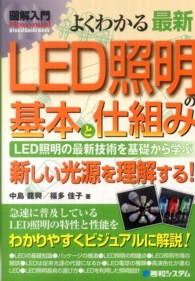Full Description
The association with infectious diseases and autoimmunity is comprehensively covered by David Isenberg who reviews major issues, such as the association of autoantibodies appearing after infectious disease and antibacterial antibodies associated with autoimmune disease.








